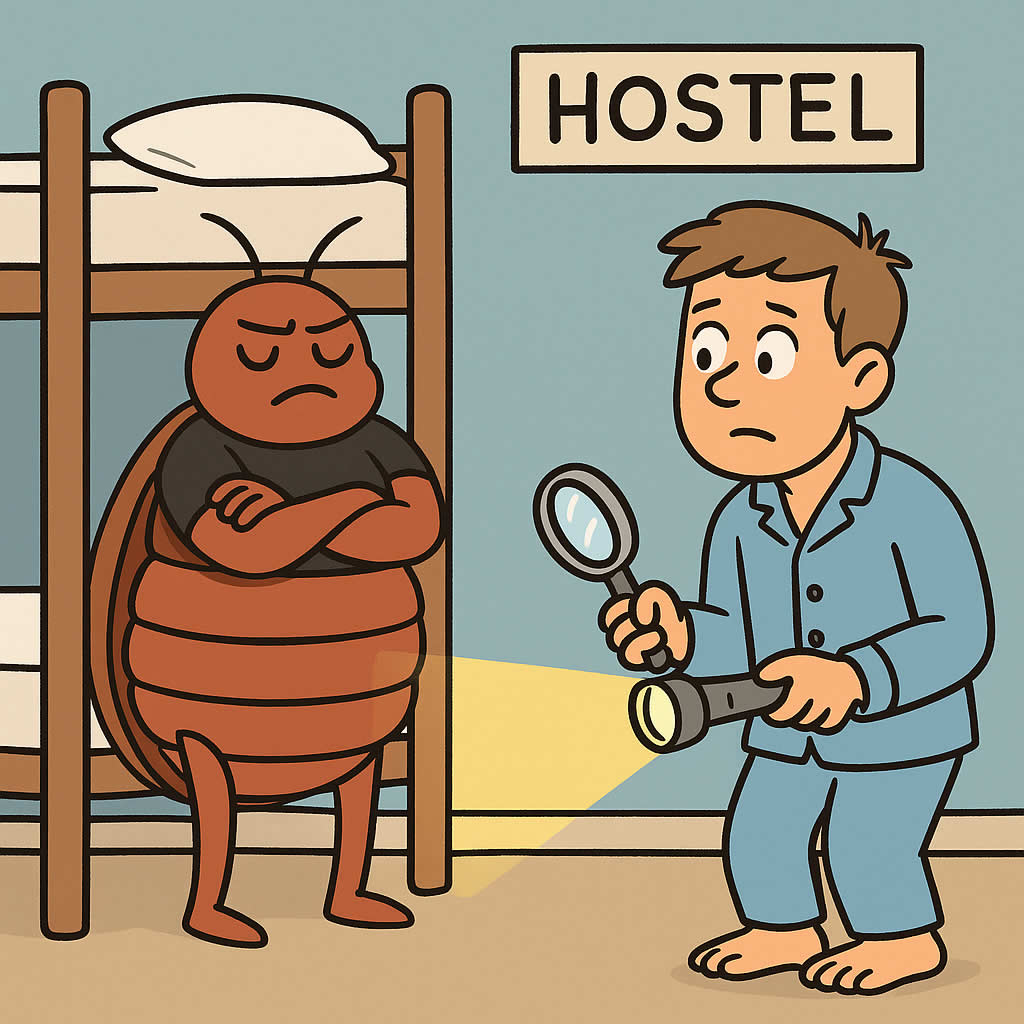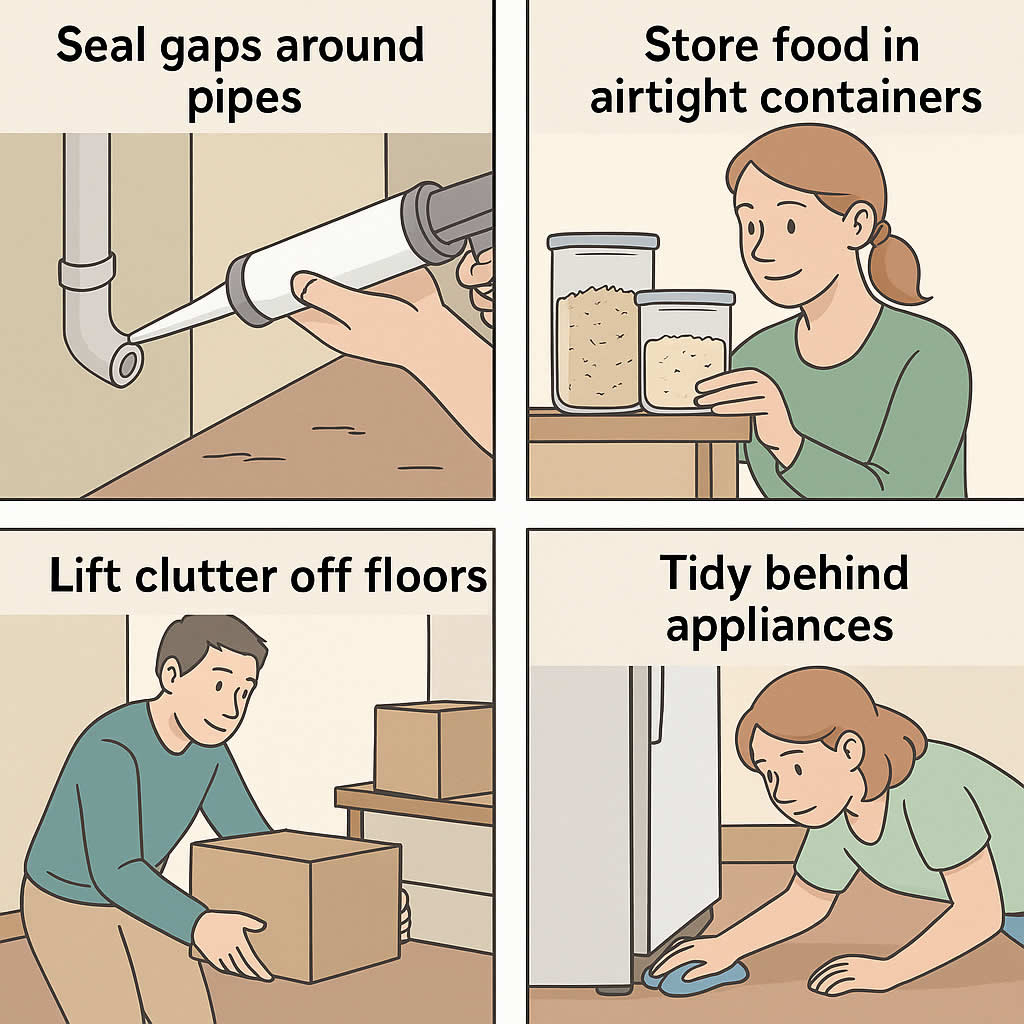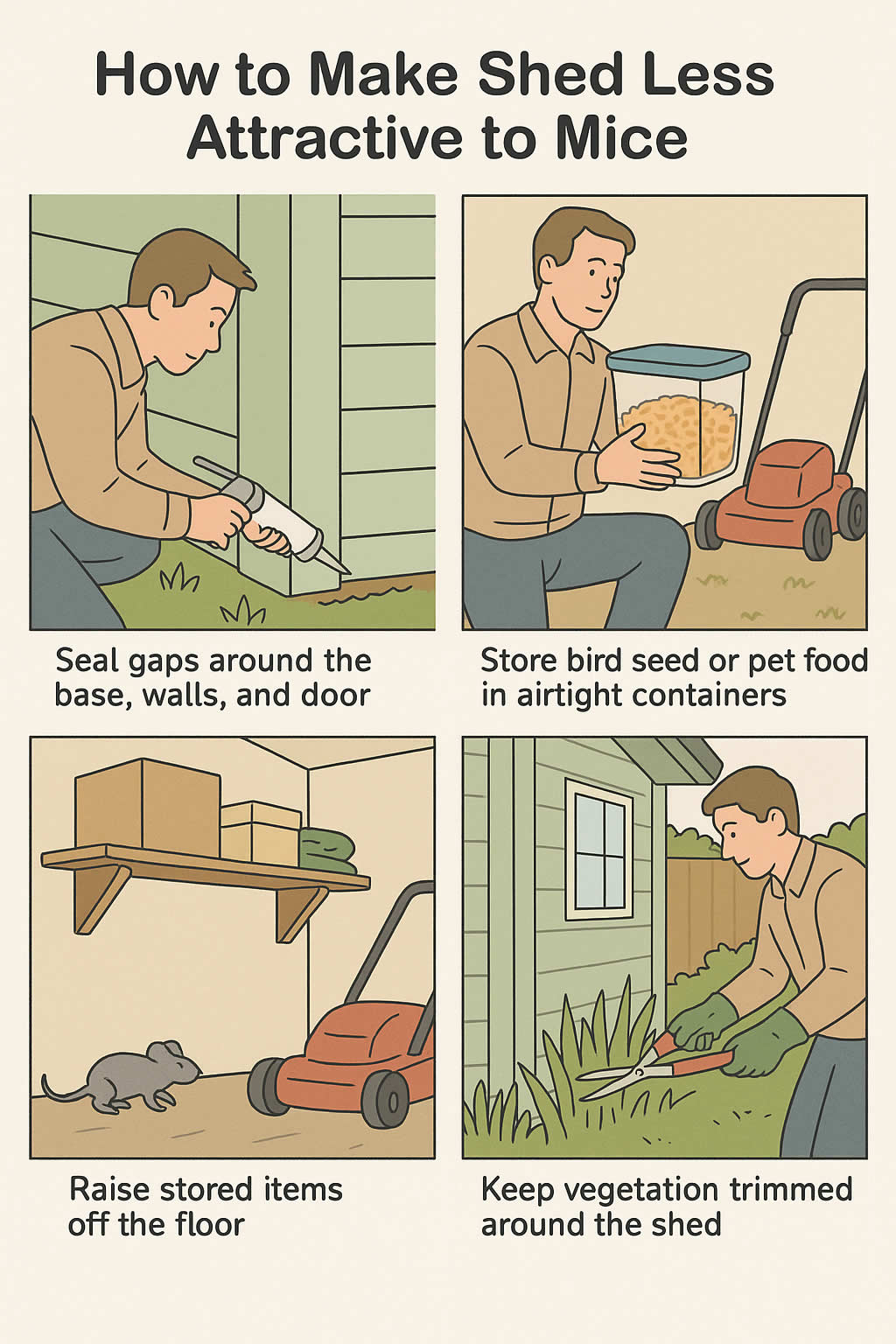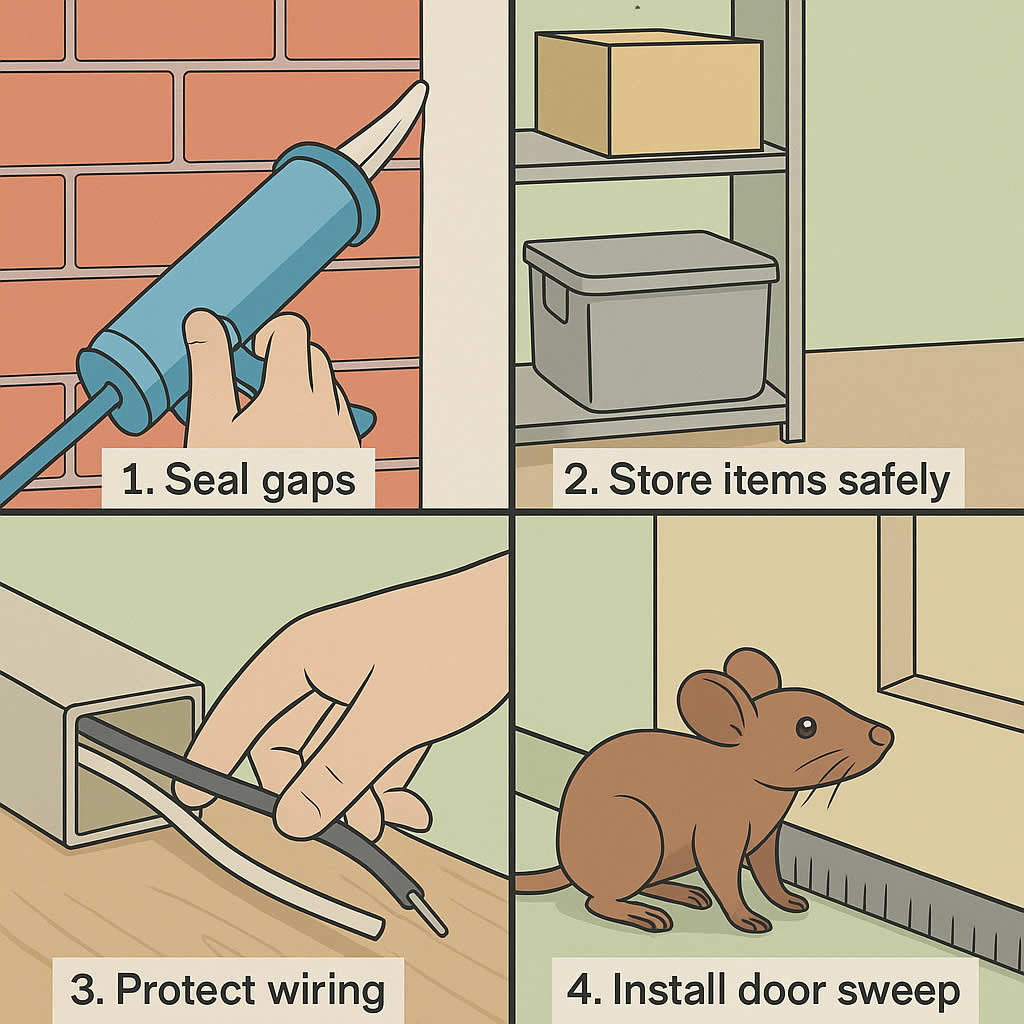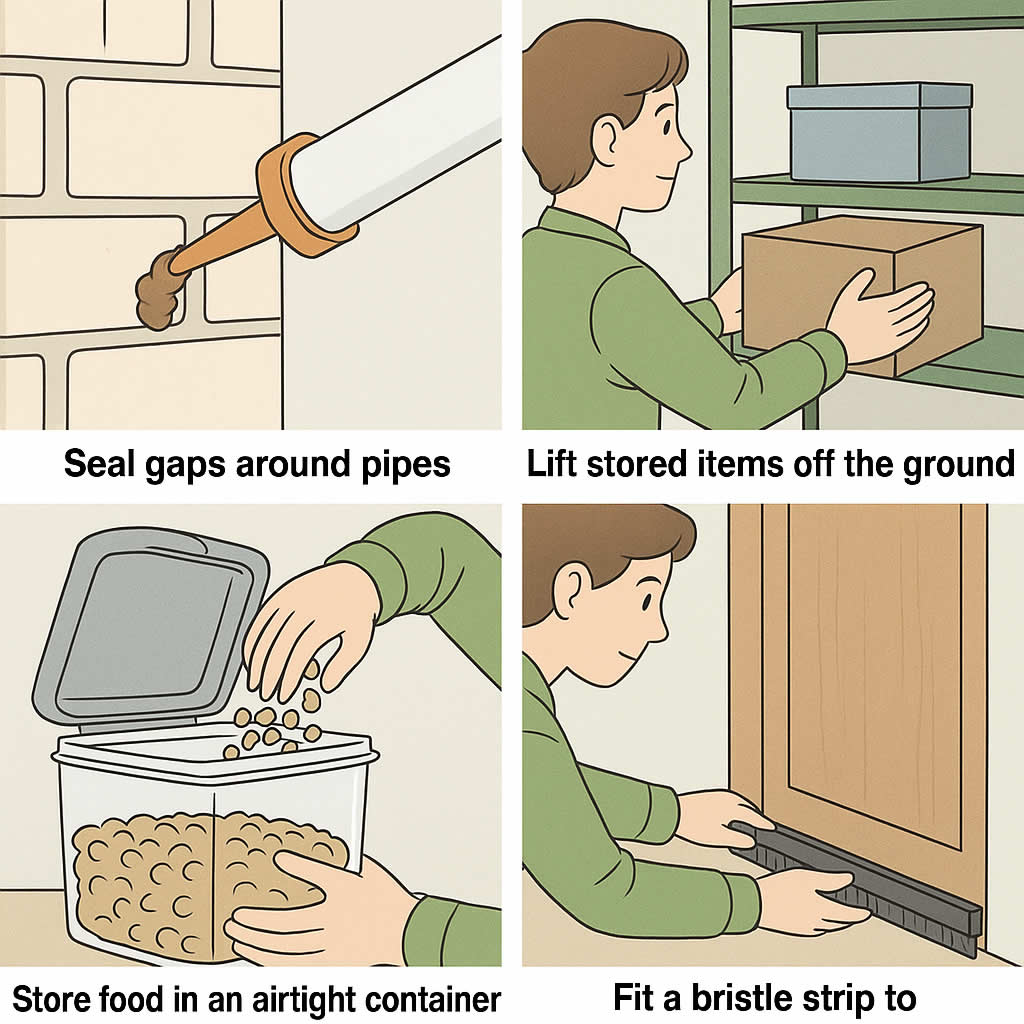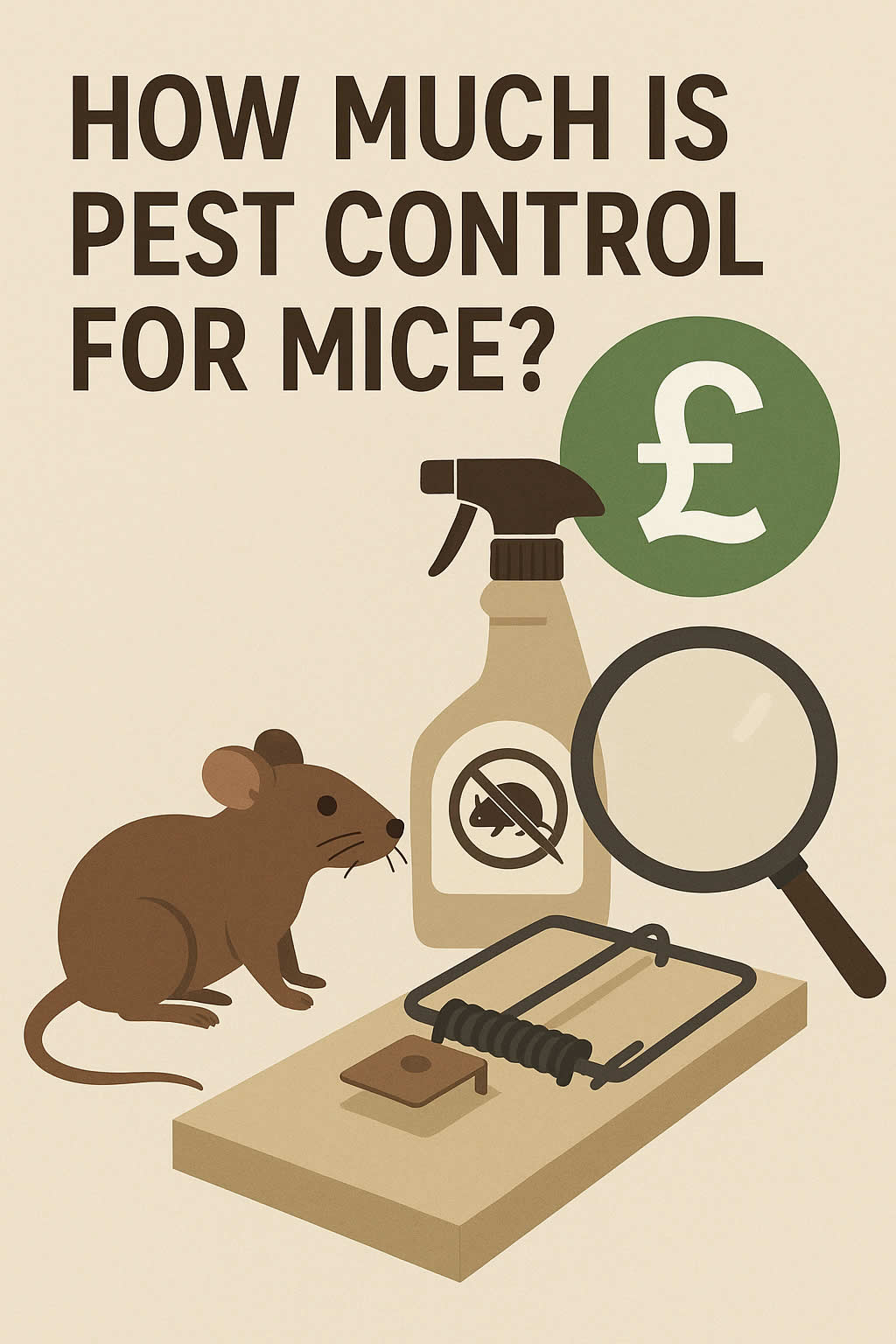Related Queries
ToggleWhen you’re travelling, especially on a budget, hostels can be a fantastic way to meet people, save money, and stay right in the heart of a city. But there’s one worry that can creep into your mind as you check in and set your bag down: bed bugs. These little pests don’t care if you’re staying in a five-star hotel or a ten-bed dorm, and if you’re unlucky, they could turn a great trip into a stressful one.
The truth is, prevention is always easier than dealing with an infestation after it happens. Once bed bugs get into your luggage or clothes, they’re difficult to get rid of, and bringing them home with you is something no traveller wants. That’s why learning how to avoid them at hostels is so important. It’s not about panicking or avoiding hostels altogether, but about being prepared and knowing what to look for.
Let’s go through step by step how you can protect yourself, your belongings, and your peace of mind while still enjoying your stay.
Why are hostels vulnerable to bed bugs?
Before we get into prevention, it helps to understand why hostels are more likely to face problems with bed bugs. It’s not because they’re dirty—bed bugs aren’t attracted to dirt the way other pests might be. What they’re drawn to is people, and hostels have a lot of people moving in and out every day.
Think about it. Guests from all over the world check in with their backpacks, suitcases, and clothes. Some might have stayed in other hostels, hotels, or even private homes that already had bed bugs. Those insects can easily hitch a ride in luggage and crawl out into a new room. With bunk beds, shared dorms, and high turnover, there are plenty of opportunities for bugs to spread.
So even the cleanest, best-managed hostels can sometimes deal with bed bugs. The difference lies in how quickly staff and guests spot the problem and how it’s handled.
What should you check when you first arrive at a hostel?
One of the best habits you can build is to inspect your sleeping area before you unpack. It only takes a few minutes, but it can save you days or weeks of hassle later.
Start with the bed. Pull back the sheets and look closely at the seams of the mattress, particularly around the corners. Bed bugs are small—about the size of an apple seed—but they leave clues. You might notice tiny dark spots (droppings), faint reddish stains (from crushed bugs), or small white eggs. Don’t forget to check the headboard, especially if it’s attached to the wall, as well as any cracks or gaps in the frame.
Look around the skirting boards near the bed, because bed bugs often hide in the gaps between the wall and floor. If there’s furniture nearby, such as a bedside table, check the joints and underside.
It might feel awkward at first, but it’s better to take five minutes checking than to risk an infestation. If you don’t see any signs, you can unpack with more confidence.
How can you keep your luggage safe in a hostel?
One of the biggest mistakes travellers make is leaving their luggage open on the bed or the floor. That’s like putting out a welcome mat for bed bugs. You want to create as many barriers as possible between your belongings and any potential pests.
Use the luggage racks provided whenever you can. These are raised off the ground and make it harder for bugs to crawl inside. If there isn’t a rack, keep your bag on a table or a hard surface away from walls. For extra protection, store your luggage in a large, sealable plastic bag or a protective cover when you’re not using it.
Hard-shell suitcases are less inviting to bed bugs than soft fabric backpacks because there are fewer seams and folds for them to hide in. If you’re a frequent hostel traveller, switching to a hard case could give you extra peace of mind.
Should you bring protective items with you?
It might sound extreme, but a few protective items can make a big difference. Travel sheets or sleeping bag liners act as a barrier between you and the bedding. Some people carry lightweight mattress encasements, although they’re less common because they take up space in your bag.
Another option is bed bug–proof luggage liners or resealable bags. Packing your clothes into smaller bags before putting them in your suitcase not only keeps you organised but also makes it harder for bed bugs to spread through all your belongings if they do get inside.
These small steps don’t guarantee complete protection, but they add extra layers of security that can stop an infestation before it starts.
How do you handle clothes during and after your stay?
Clothes are one of the easiest ways for bed bugs to travel. To reduce the risk, avoid leaving your clothes scattered around the room. Keep them in bags when you’re not wearing them, and if you suspect any risk at all, wash and dry them on high heat as soon as possible.
Bed bugs can’t survive high temperatures. Washing clothes at 60°C or drying them on the hottest setting is enough to kill both bugs and eggs. If you’ve been backpacking for a while, consider doing a full wash when you move between hostels. It’s not only hygienic but also reassuring.
When you get home, don’t unpack straight into your bedroom. Instead, keep your luggage in a hallway or garage until you’ve had a chance to wash everything. This small precaution can stop you accidentally bringing bed bugs into your home environment.
What should you do if you find bed bugs in your hostel?
Despite your best efforts, you might still encounter bed bugs during your stay. If that happens, don’t panic, but do act quickly.
The first step is to notify hostel staff immediately. A good hostel will take the complaint seriously and either move you to another room or take steps to deal with the problem. If you’re uncomfortable staying there, you may decide to move hostels altogether.
Don’t just switch beds within the same room. Bed bugs often spread between bunks, and you could end up facing the same issue again. If you do move to another room, inspect it before settling in.
As for your belongings, seal them in plastic bags until you can wash and dry everything. If you suspect your bag is contaminated, vacuum it thoroughly and, if possible, heat-treat or freeze it when you get the chance.
How do you stop bed bugs from following you home?
This is often the biggest worry for travellers. You want to leave the hostel behind, but you don’t want to bring any bed bugs back with you. The key is to be thorough when you return from your trip.
Keep your suitcase outside your bedroom until you’ve dealt with it. Wash all clothing straight away, even items you didn’t wear, using high heat if the fabric allows. For delicate items, freezing them in sealed bags for several days can also work.
Vacuum your suitcase inside and out, paying attention to seams and zips. If you’re especially cautious, you can treat the bag with a bed bug spray designed for luggage or store it in a sealed container between trips.
These steps might feel like extra effort when you’re tired after travelling, but they’re worth it. Bringing bed bugs into your home can be far more disruptive and expensive than taking a bit of time to clean up properly.
Are hostels always risky for bed bugs?
It’s worth remembering that not every hostel has a bed bug problem. Many are proactive about inspections, and some even bring in pest control for regular checks. The risk is higher than in private accommodation because of the number of guests, but with the right precautions, you can keep yourself safe.
The aim isn’t to avoid hostels completely but to travel smarter. Knowing what to look for, how to protect your belongings, and what to do if you encounter bugs gives you the confidence to enjoy your trip without constant worry.
Final thoughts: staying one step ahead of bed bugs
Bed bugs are a nuisance, but they don’t have to ruin your travels. By staying alert when you arrive at a hostel, keeping your luggage protected, handling your clothes carefully, and acting quickly if you spot a problem, you can drastically reduce your chances of dealing with an infestation.
The most important thing to remember is that prevention is easier than cure. Bed bugs spread quickly once they’re in your belongings, but if you take the time to check your sleeping area, keep your luggage off the floor, and wash your clothes properly, you’re already ahead.
Travelling should be about new experiences, meeting people, and making memories—not worrying about pests. With these steps, you can protect yourself and focus on what really matters during your journey.

